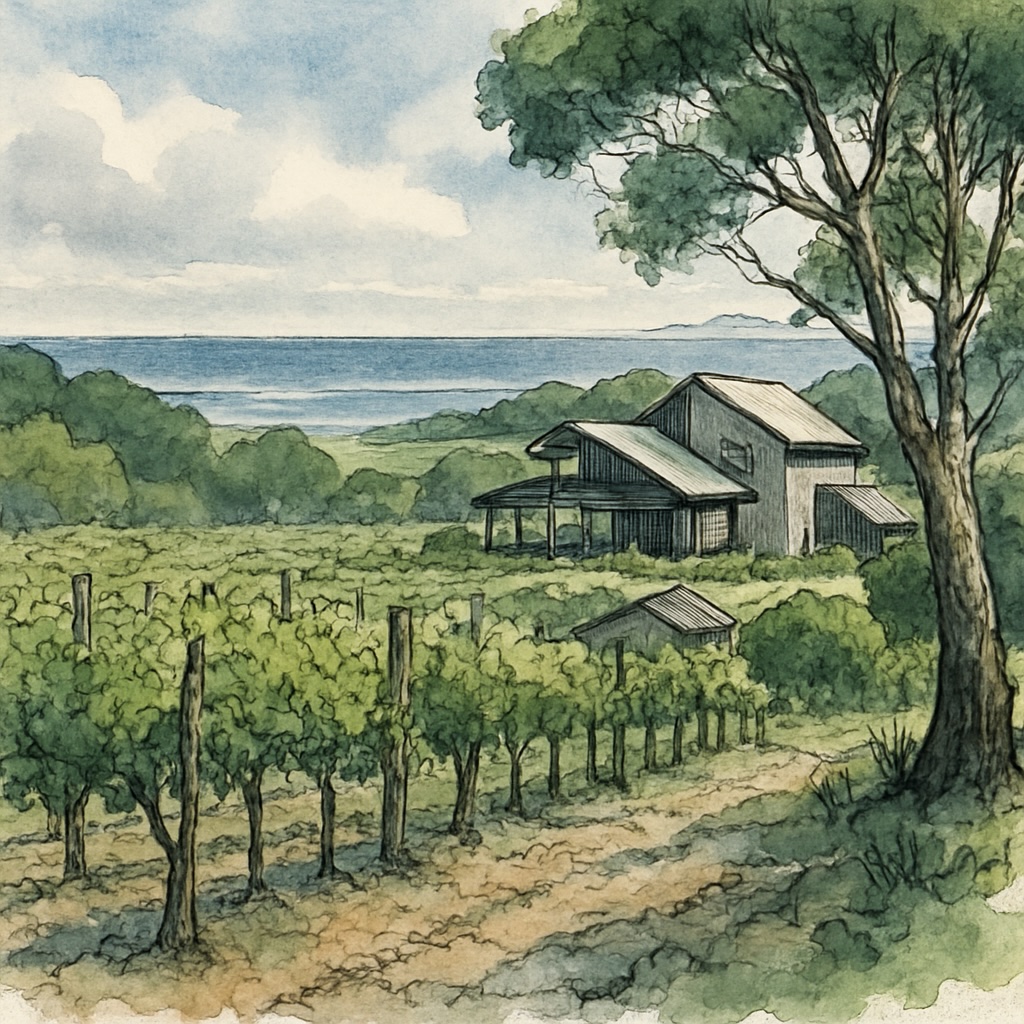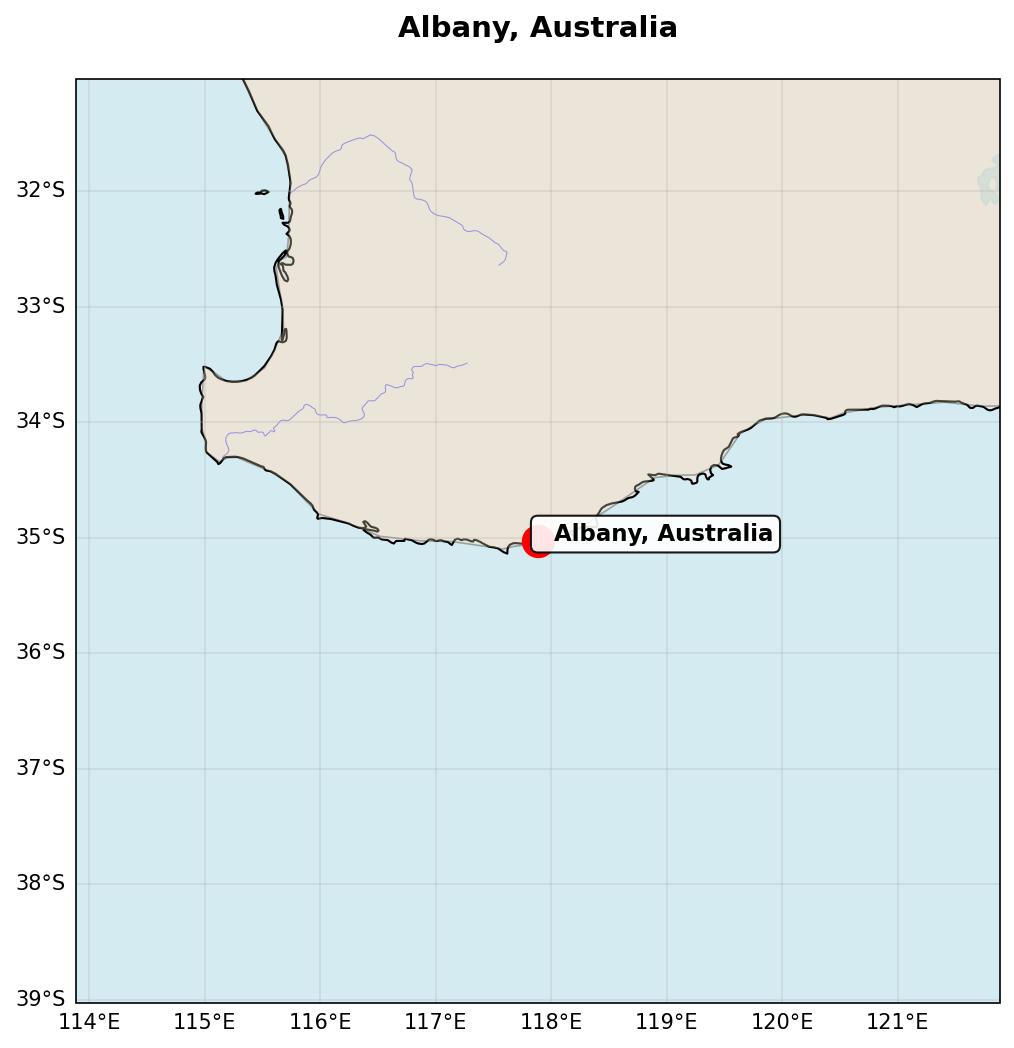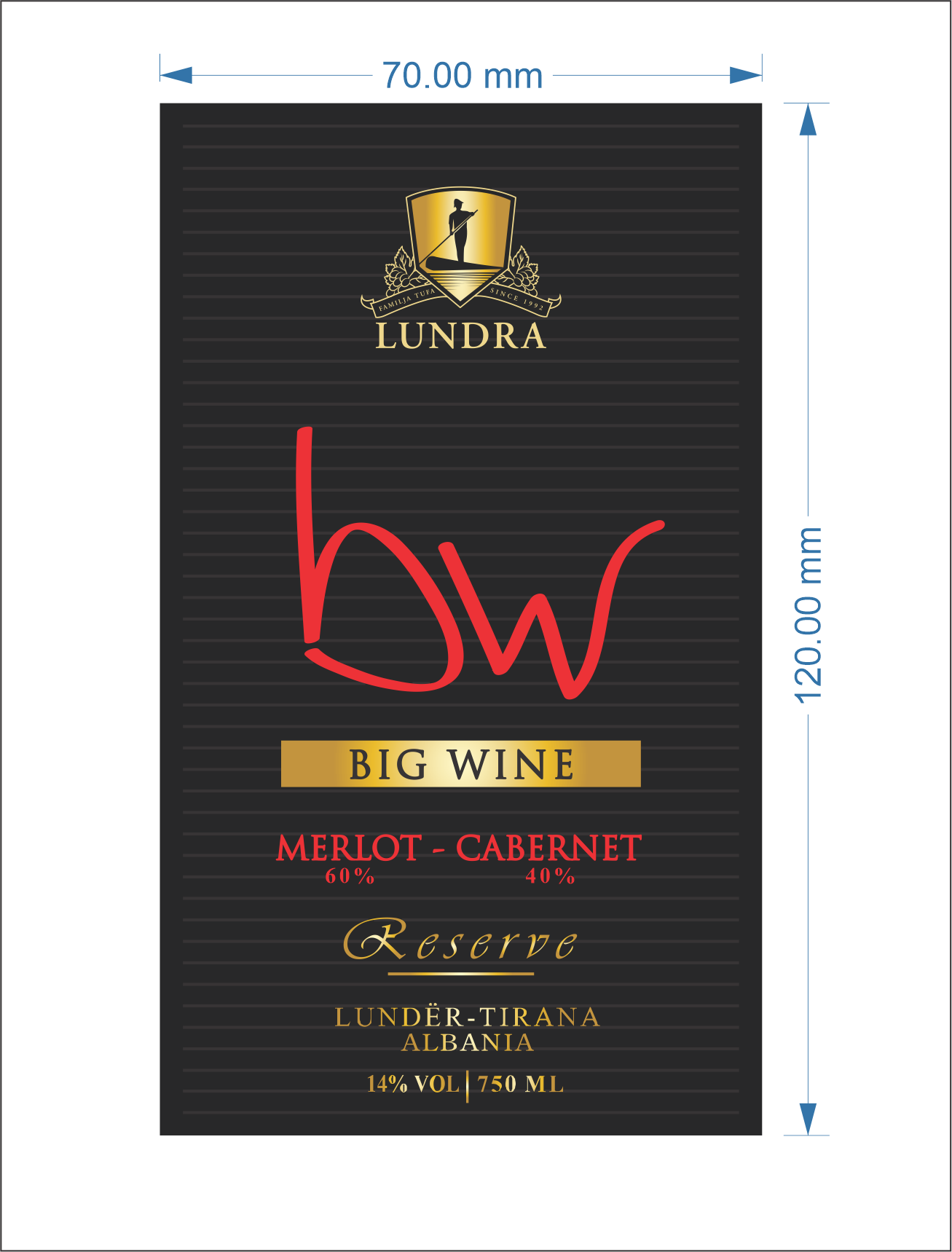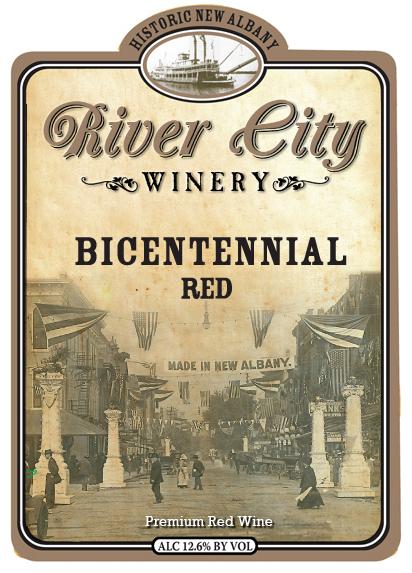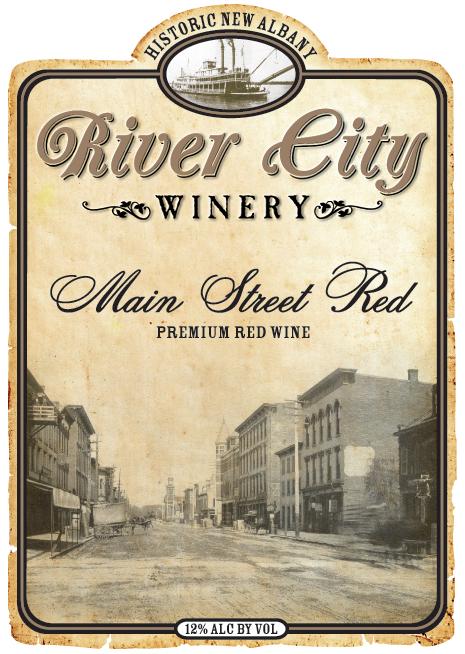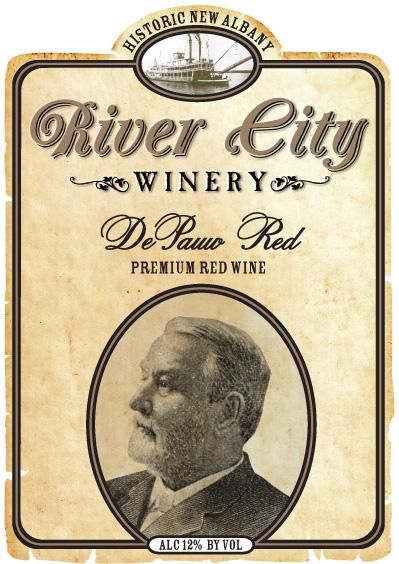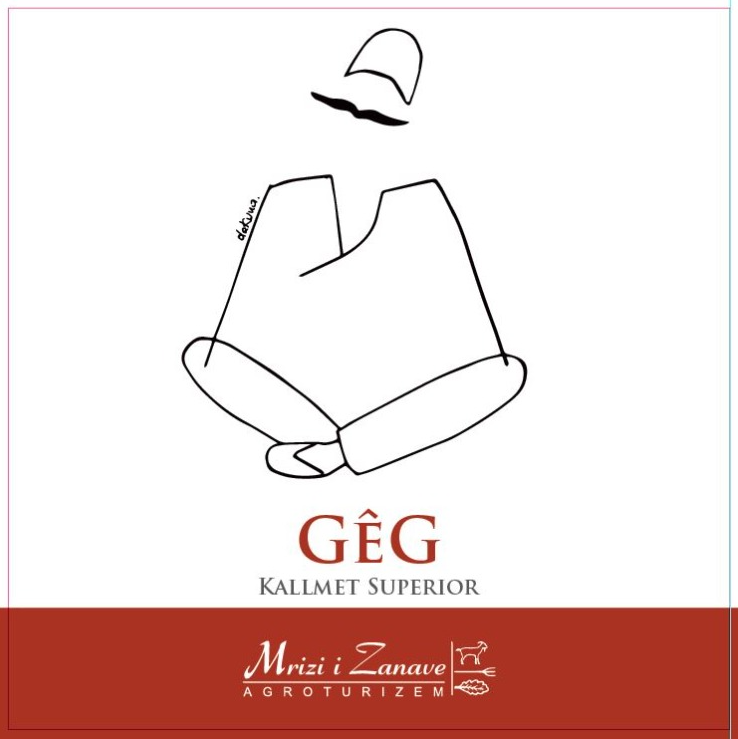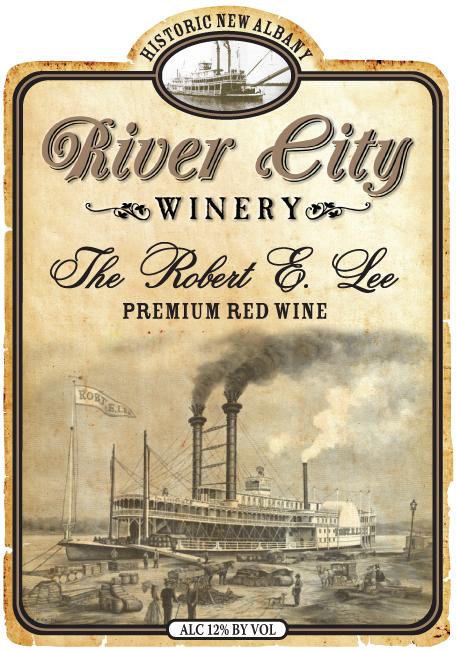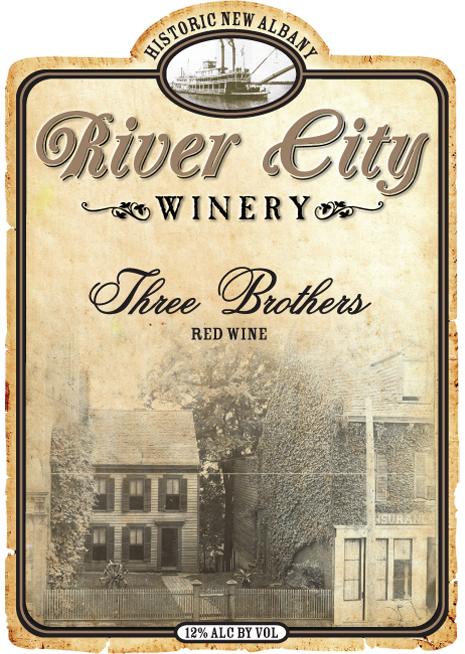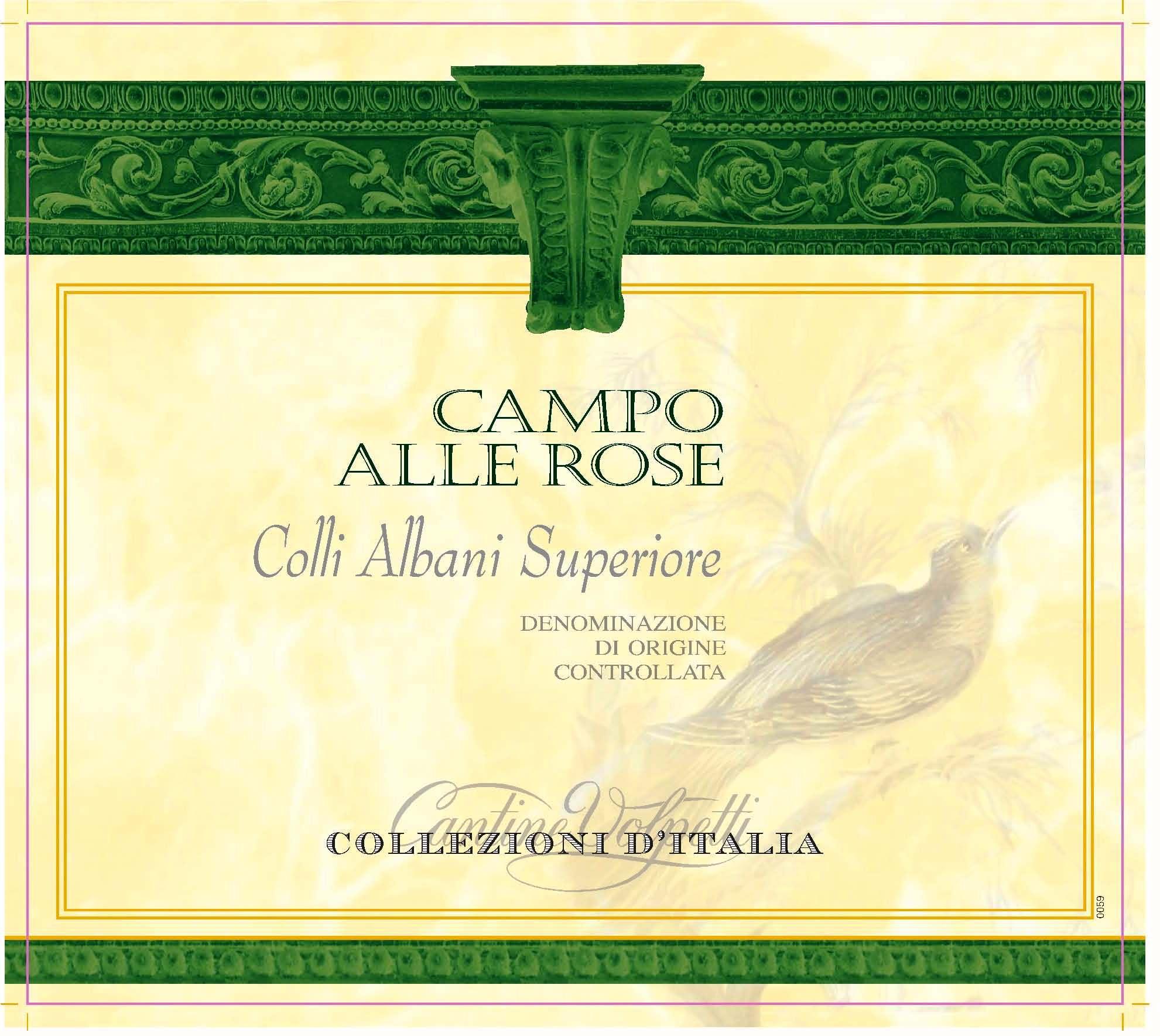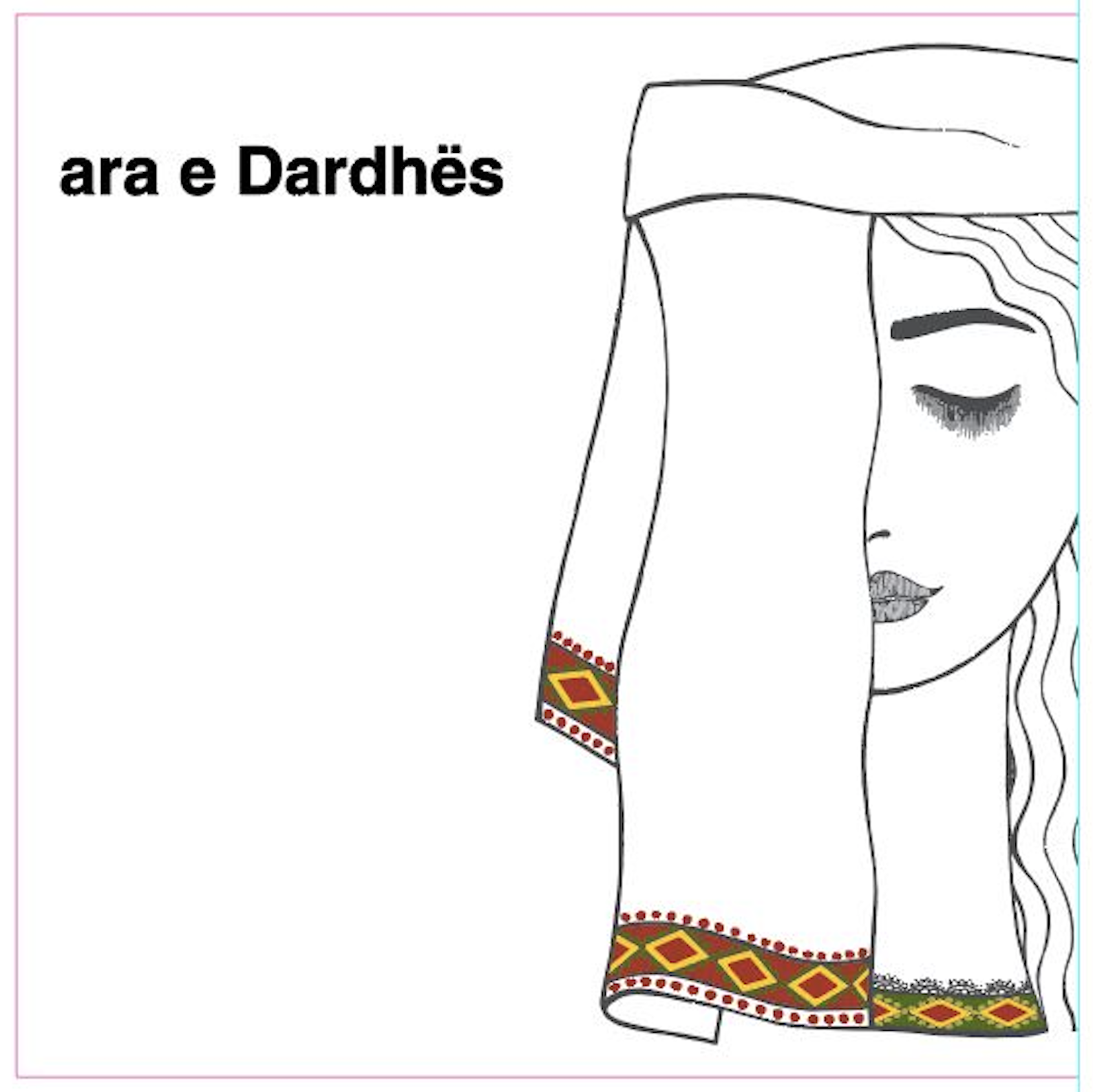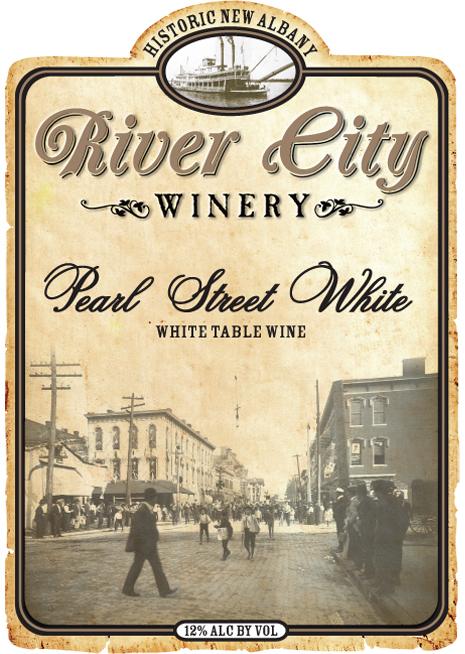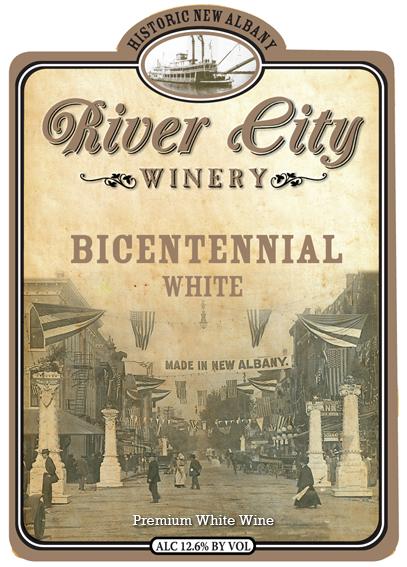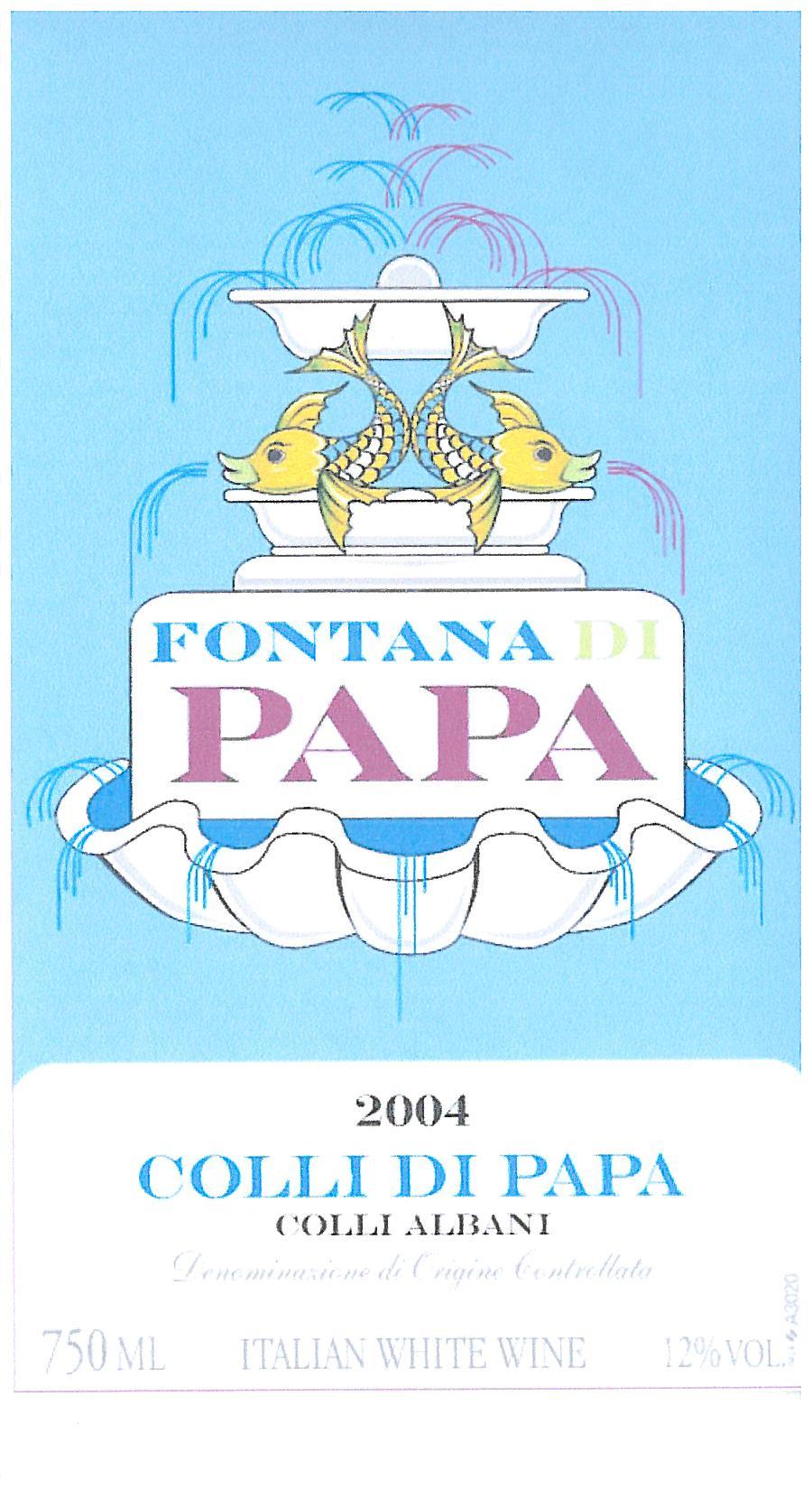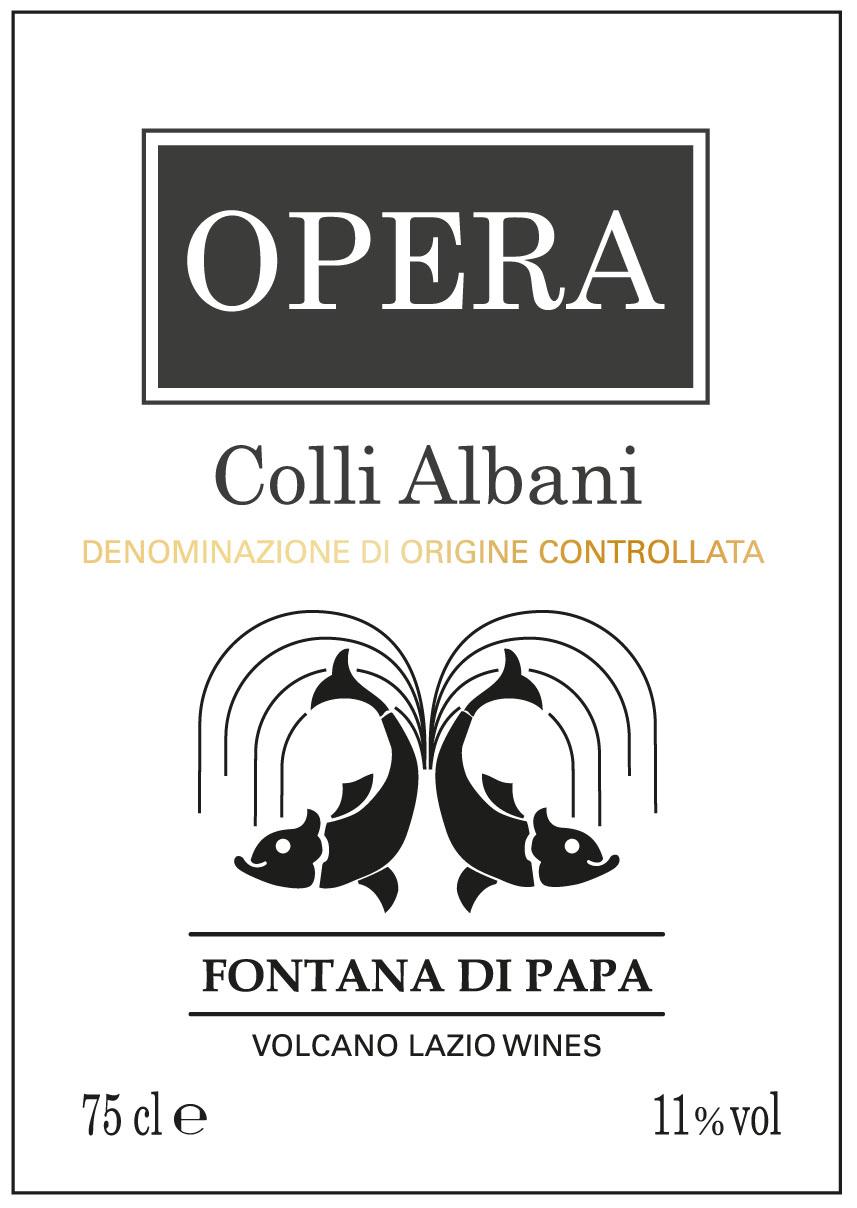Terroir of Albany
Albany's terroir benefits from its proximity to the Southern Ocean, which creates a Mediterranean-like climate with cool, wet winters and warm, dry summers. This coastal influence keeps temperatures steady throughout the year, with only minor daily changes. Regular afternoon sea breezes help moderate summer heat, allowing grapes to ripen slowly while keeping their natural acidity, essential for the region's elegant wines.
The soils in Albany are ancient and well-draining, mainly made up of gravelly sands or sandy loams over granite and gneiss, with deeper alluvial loams along river flats. These low-nutrient soils, paired with the cool maritime climate, contribute to wines with clear, refined flavors and distinctive acidity. This unique blend of climate and soil fosters the production of excellent cool-climate wines, including Sauvignon Blanc, Riesling, and Chardonnay, as well as lighter-bodied reds like Pinot Noir.
Notable Wineries in Albany
In the scenic wine region of Albany, nestled in the southern reaches of Western Australia's Great Southern zone, several remarkable wineries stand out for their dedication to quality and tradition. Here are a few noteworthy producers:
-
Wignalls Family Winemakers: Pioneers since the late 1970s, located near Oyster Harbour, celebrated for their Chardonnay, Riesling, and Pinot Noir.
-
Oranje Tractor: A small, certified-organic winery just north of Albany, specializing in white varieties and Pinot Noir, with a focus on biodiverse, low-intervention farming.
- Many other wineries in Albany are intimate, family-run operations offering personalized tasting experiences, often by appointment.
Sustainable Winemaking in Albany
In Albany's scenic wine region, sustainability is at the forefront of winemaking. Many growers here embrace organic and biodynamic practices, which are well-suited to the area's fertile land and ocean-influenced climate. Cover crops, composting grape waste, and enhancing farm biodiversity are common practices aimed at preserving the natural environment.
The region's heavy winter rains reduce the need for irrigation, supporting water conservation efforts. In the winery, producers favor native yeasts and minimal sulfur usage to maintain wine purity. Eco-friendly approaches extend to packaging, with a shift toward lighter materials and recycling by-products. These practices reflect Albany's commitment to sustainable wine production, ensuring that the cool-climate wines—such as Sauvignon Blanc, Riesling, and Chardonnay—are crafted responsibly and with respect for the land.
Wine Tourism in Albany
Wine tourism in Albany is a unique experience set against the backdrop of stunning natural landscapes. The region's cellar doors, often surrounded by bushland and coastal dunes, offer breathtaking views and a chance to taste wines crafted in harmony with nature.
Visits are typically arranged by appointment, allowing for intimate tastings complemented by local produce such as oysters and cheeses.
It's easy to explore Albany's limited wineries in a day, making it a perfect addition to a Great Southern adventure. Nearby attractions like the Torndirrup Peninsula and seasonal activities, such as whale watching and wildflower trails, enhance the experience.
Accommodation ranges from historic hotels to charming vineyard cottages, providing comfort and authenticity.
The region's dedication to sustainability and quality is evident, with many wineries using organic practices to produce their cool-climate wines, ensuring a respectful connection to the land and its bounty.
